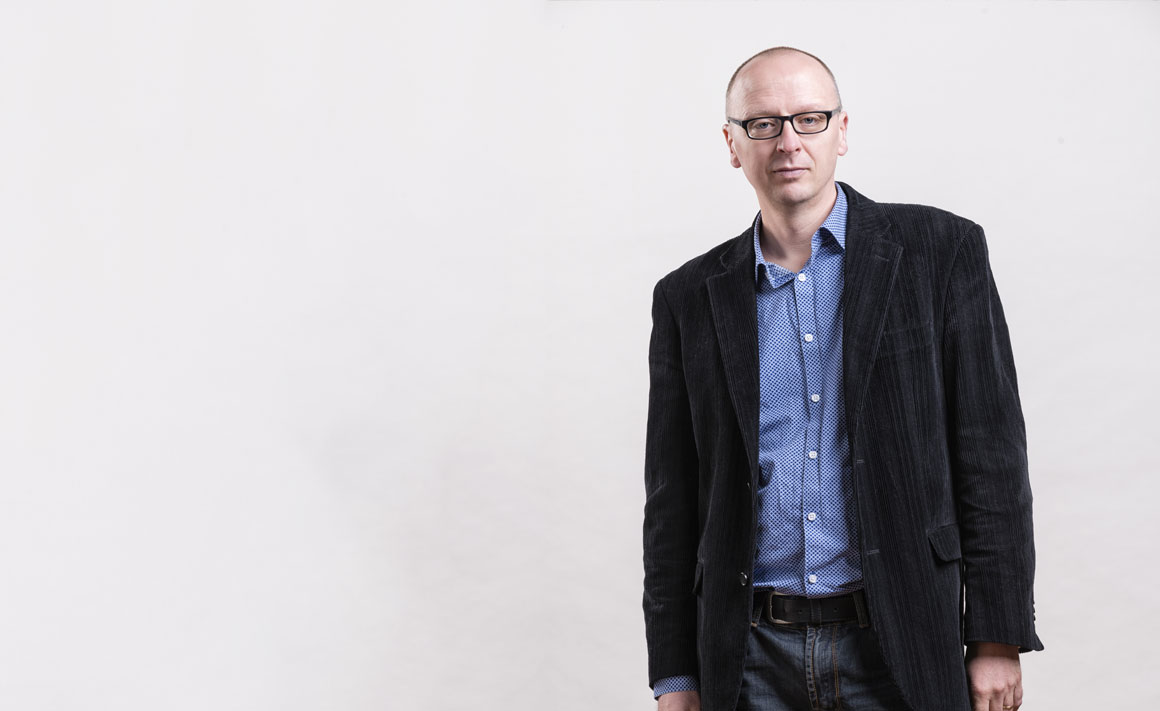
Dunedin's changing connections with the rest of the world are the focus of the “Global Dunedin” project.
An ambitious new initiative at the University of Otago is taking a fresh look at Dunedin's place in the world and the region's global impact – past, present and future.
The “Global Dunedin” project is a multi-faceted, multidisciplinary examination of Dunedin in regional, national and international contexts. Through public lectures, a dedicated blog and social media, the initiative is a kind of public forum exploring the changing connections between Dunedin and the rest of the world and the significance of these changes.
The brainchild of Professor Tony Ballantyne and his colleagues in the Department of History and Art History, “Global Dunedin” showcases innovative academic research and expertise from across the University in ways that are interesting and meaningful to the public, while also enhancing connections between the University and the community, and potentially stimulating new research.
“There are so many fascinating stories – and rich new insights into this place that our researchers are keen to share with the communities that make up our city. It is exciting to think about the ways in which knowledge can knit the University and city together,” says Ballantyne.
The foundation of the “Global Dunedin” project, which is run out of the University's Centre for Research on Colonial Culture, is a monthly lecture series at the Toitū Otago Settlers Museum on an array of topics, ranging from Dunedin's role in the Gallipoli campaign, to the history of the Otago Peninsula, to the evolutionary changes in the Dunedin kitchen over the past century. Scholars and others also contribute to the “Global Dunedin” blog that delves further into the connections between, and meaning of, global and local events. The “Global Dunedin” lecture series and related research are promoted through social media to engage the Dunedin public, University community, alumni and other stakeholders.
“Dunedin has always been global and, through this project, we hope to illuminate how places and events here are a part of expansive global stories and encourage people to share their stories,” says Ballantyne, who is also Otago's new Pro-Vice-Chancellor for Humanities.
“From Māori migration to the sealers, whalers and the missionaries, from the colonists to the gold rush and the industrialisation associated with that, the arrival of Chinese miners, the founding of the University: each of these occurrences brought about change, but were also the result of processes and connections – and a part of some larger, usually global, movement.”
In terms of Dunedin's impact on the world today, Ballantyne acknowledges that the University, its research and alumni are among the best known ways the city has had a global impact, but points out there are also numerous grassroots examples as well – including the “Dunedin Sound”, the global profile of the Highlanders rugby team and the increasingly influential iD Dunedin Fashion Week.
Further, communications technologies, including ultrafast broadband, and ever-improving transportation links will facilitate Dunedin's continued impact on the world's stage – and the external influences here.
“Even though we are geographically isolated, we have a very outward-looking culture here. Dunedinites have an insatiable curiosity about the world and there is an openness to new ideas,” says Ballantyne, himself Dunedin born and bred.
“Global Dunedin” has been well received since its launch in April [2015], with the lectures drawing diverse crowds, while the project's blog, Facebook and Twitter following is growing steadily.
Ultimately, organisers hope to produce a book, a large format, heavily illustrated volume, curating highlights of the three-year project, including essays from guest lecturers, academics and others.
And it is getting more “others” involved that is the next item on the “Global Dunedin” agenda.
“We are very keen to have different groups in the community participate in this project. We expect to have high school history classes, for example, researching and contributing to blog entries or local associations or community groups participate in lectures,” Ballantyne says. “What is fundamental to 'Global Dunedin' is the open exchange of ideas and views. Just as there is a reciprocity of influences between Dunedin and the outside world, that same sentiment underlies this initiative. We are as interested in people from the community sharing their views and experiences of events and institutions, as we are for them to hear new academic perspectives.”
More information can be found on the “Global Dunedin” blog.
A list of past and future lectures and other events can be found on the "Global Dunedin" Facebook page and on Twitter @GlobalDunedin